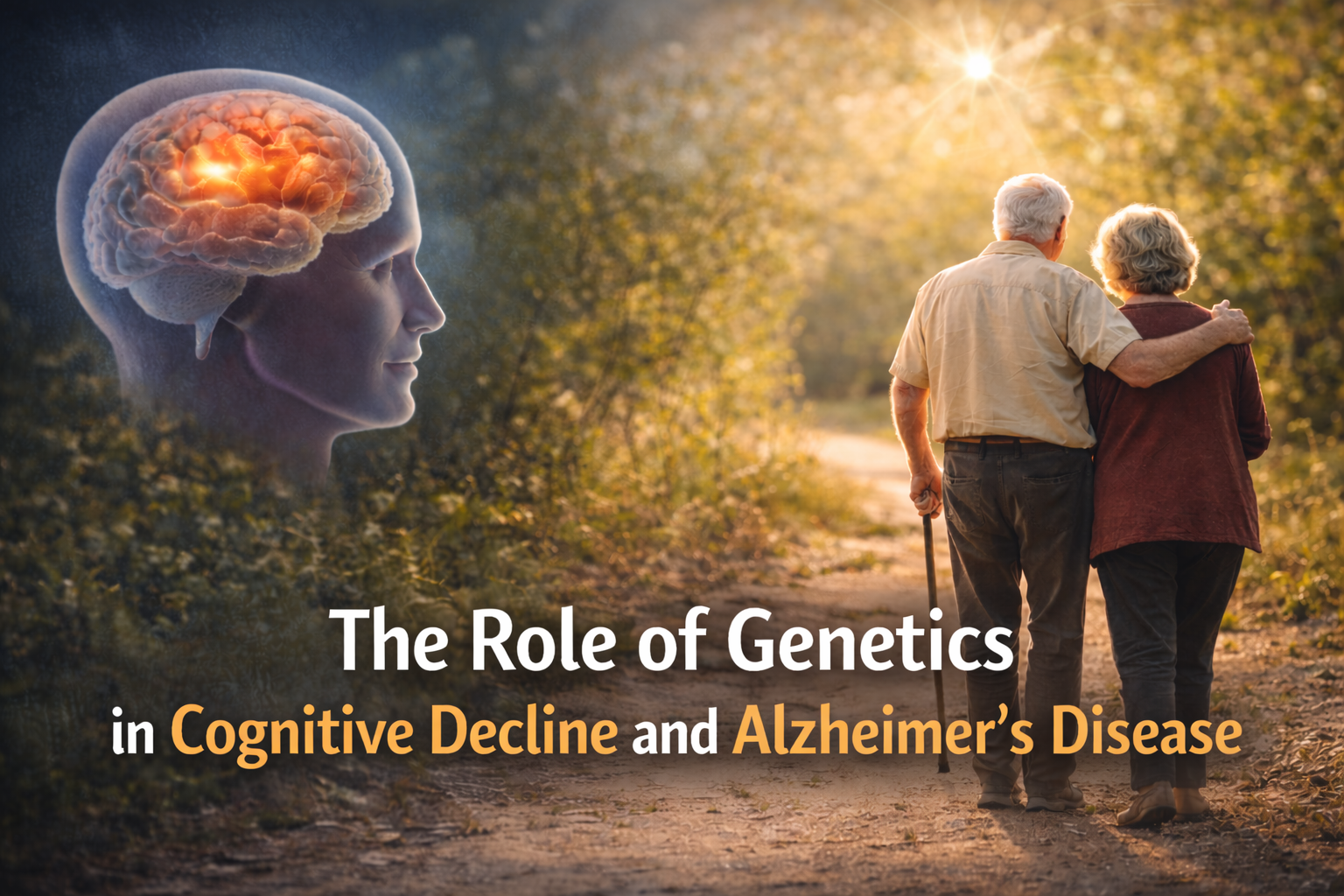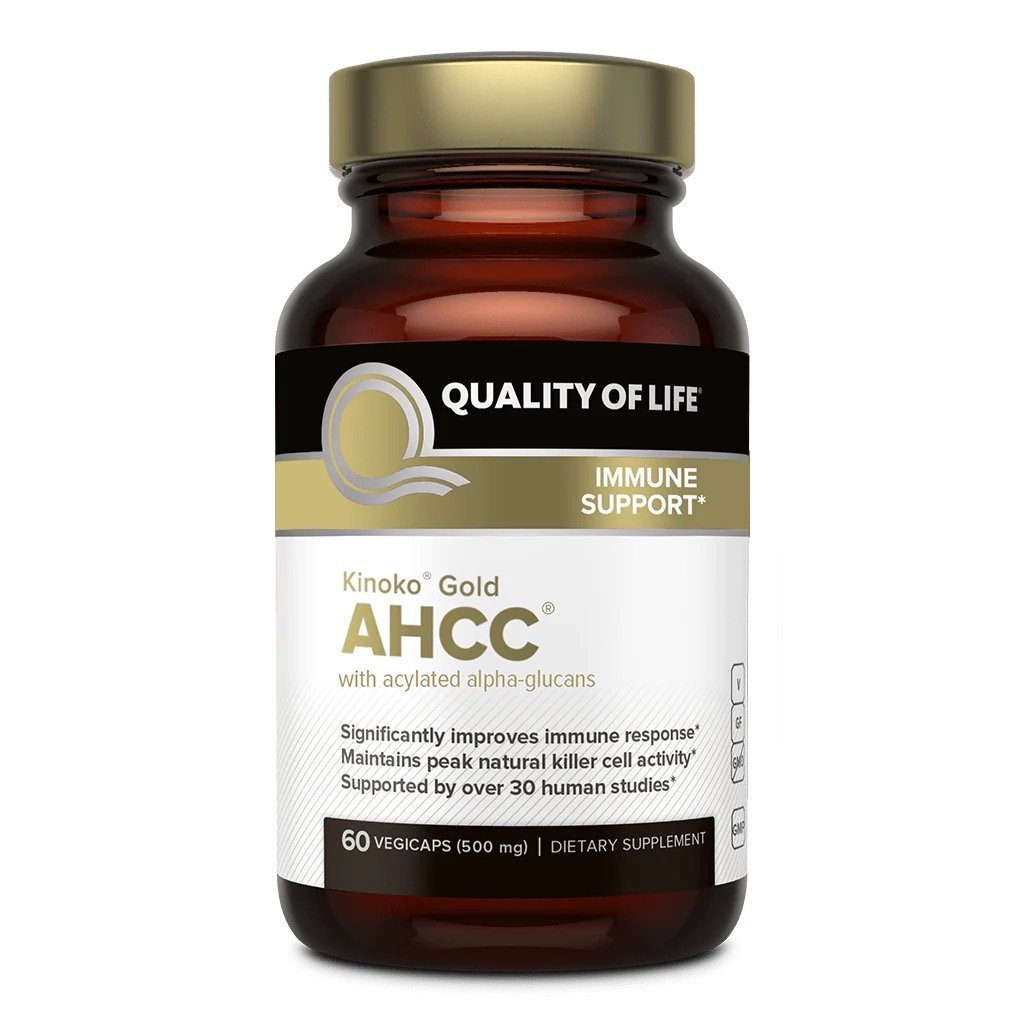The Organic Acids Test (OAT): A Comprehensive Look at Your Health from Mitochondrial Function to Digestive Health
/The Organic Acids Test (OAT) is an advanced tool that provides a deep dive into your health. It measures metabolites in your urine, which can give valuable insights into various underlying conditions, from gut health to nutritional deficiencies, mitochondrial function and brain chemistry. If you're dealing with unexplained symptoms like chronic fatigue, brain fog, digestive issues or mood imbalances, the OAT could help pinpoint the root causes and underlying imbalances that are often missed by conventional testing and guide personalised treatment options. Here’s a breakdown of why this test might be useful for you.
Read More































